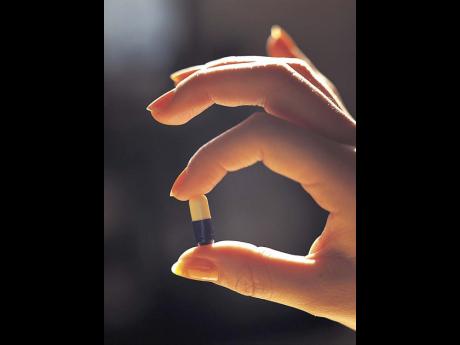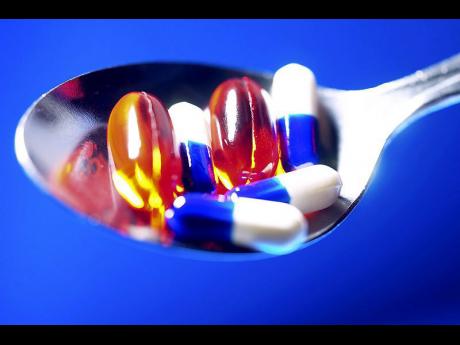All about probiotics
Being able to adjust to this fast-paced environment that we have created is crucial to our survival. In order to keep up with this instant era, we need all the help that we can get. Instead of looking towards energy drinks, coffee, or even those sneaky quick office naps, why not get help from our tiny friends the bacteria - the good kind known as Probiotics?
Probiotics have gone mainstream as the tiny ninjas that help us to get the most out of what we digest. If you've been to your local supermarket, you will see it on label of almost every yoghurt you can find on the market.
The science behind probiotics is relatively simple. In our bodies, we have living microorganisms that have formed tiny communities aka ecosystems which helps to regulate the chemical reactions that occur. Like any community, you have the residents that have the manicured lawns and extra-fancy fencing "the good bacteria", then you have the ones that allow their animals to do their business all over the place, play loud music and scatter garbage everywhere "the bad bacteria".
Usually, the good outnumber the bad, but on days when we are overly stressed, lack sleep and a balanced diet, the bad guys thrive because there is chaos. Probiotics help to restore the good bacteria and maintain that equilibrium.
Not only are probiotics helpful for promoting healthy digestion, but research shows that these beneficial microbes offer specific health benefits for women.
Women have different health concerns, different hormones, and different bodies than men, and so it should not be a surprise that women's health needs are also unique. Beneficial microbes metabolise and recycle hormones, including oestrogen, thyroid hormones, and phytoestrogens (dietary oestrogen).
Let us discuss five reasons why taking a daily probiotic supplement is beneficial to your overall health.
The vagina houses a delicate balance of both good and bad microbes. Probiotics aid in keeping the vagina acidic which decreases the survival of potentially harmful bacteria. Healthy vaginal microorganisms can get thrown out of whack by a number of factors, including antibiotics, spermicides, and birth control pills. Probiotics help to restore that balance and maintain vaginal health.
If you've been sick or been prescribed antibiotics recently, it's important to repopulate your system with good bacteria to maintain a healthy balance. Any of the following conditions could be an indication that you need to include a probiotic supplement in your daily regimen: Yeast infections, thrush, cold sores, rashes, GI sensitivity, diarrhoea or constipation, headaches, migraines, joint aches, bloating, IBS or partially-digested stools.
Vitamin K
Probiotic gut bacteria are also capable of making vitamin K. Vitamin K is needed for clotting which prevents you from bleeding to death when you have a cut or menstrual cycle.
If you don't take vitamins, at least take probiotics. Probiotics make it easier for your body to digest nutrients such as iron, calcium, proteins, carbohydrates and calcium, just to name a few.
Probiotics help with irritable bowel syndrome. IBS is a common condition in women, with symptoms such as cramps, bloated stomach, frequent diarrhoea, or occasional constipation. Research has proven women with mild to moderate IBS respond well to the daily intake of probiotics.
So, What are the best probiotics for women? Hydrogen-peroxide-producing Lactobacillus species are ideal since they have been found to protect against harmful organisms and have many other benefits for women. Probiotics can be taken orally as a dietary supplement or inserted into the vaginal cavity. Ask your doctor and do your research to find out which probiotic is best for your lifestyle.



